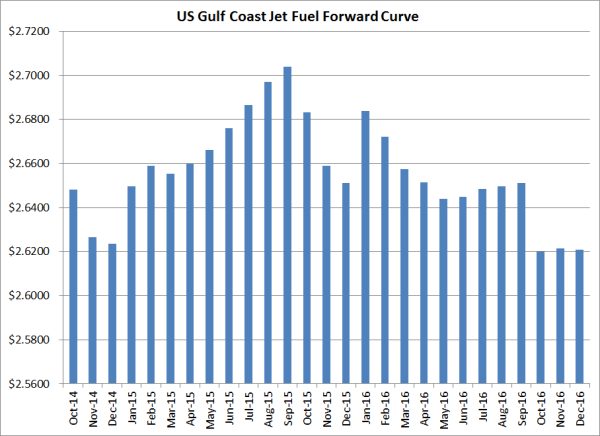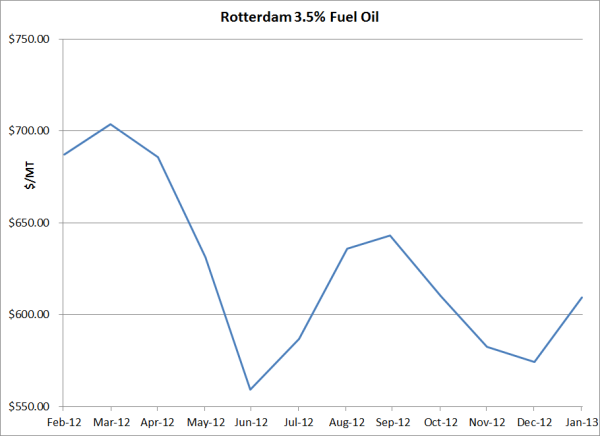3 min read
Are Airlines Changing Fuel Hedging Strategies in 2014 and Beyond?
In recent weeks, there have been several articles written on the state of airline hedging in the US, Europe, Middle East and Asia. So, what is the...
As fuel hedging consultants, we're often asked: "What are the most common mistakes companies make when it comes to fuel hedging?" The following is our top eight list as well as our take on each:
8. "We quit hedging fuel because our hedging program never made money." Hedging isn't intended to and shouldn't be considered a source of revenue. A proper fuel hedging program should provide one or more of the following:
7. "Hedge but don't lose money." The vast majority of fuel hedging mistakes and losses are the result of a poor or nonexistent fuel risk management policy and/or the lack of well designed fuel hedging strategy(s). Most hedging mistakes can be avoided if you take the time and effort to create a sound risk management policy and develop and implement strategies that allow you to meet or exceed your corporate hedging goals.
6. "Our management team can't agree on how high they think fuel prices are going to go this year" Hedging decisions shouldn't be made based on your opinion about fuel prices. If it were easy to predict where fuel prices are going to be a month or year from now, it's quite likely that we wouldn't be here, we would be counting our money from a beach chair in the Caribbean.
5. "We're going to wait and if fuel prices decline over the next few months." How will you react if prices increase 20% (or more) between now and then? Will you continue to wait for prices decline (remember you are already "down" 20%) or will you "cry uncle"?
4. "We only hedge when we think prices are attractive." What if attractive prices don't appear anytime soon? What will you do if $125/BBL becomes the "new normal"?
3. "We only hedge when we have a strong opinion about fuel prices." What if your opinion is incorrect? The oil markets don't tend be too fond of opinions.
2. "Since fuel prices have been increasing we're not going to hedge until prices come back down." What if prices begin to increase rapidly? Are you going to have the discipline to hedge at that point or continue to wait for the tide to turn? As has been previously mentioned, trying to forecast fuel and oil prices is most often an ill advised activity.
1. We can't afford $4.00 (or pick your price) per gallon. If you can't afford $4.00/gallon, if fuel prices continue to increase, how will you afford $4.50/gallon?
In summary, a successful fuel hedging program is the result of a sound fuel hedging policy (which includes hedging strategies that "work" in both high, moderate and low fuel price environments) and the willingness to stick with it.

3 min read
In recent weeks, there have been several articles written on the state of airline hedging in the US, Europe, Middle East and Asia. So, what is the...

2 min read
This post is the fourth in a series on hedging bunker fuel price risk. The first post in the series, An Introduction to Bunker Fuel Hedging,...

3 min read
This post is the second in a series where we are explaining the most common fuel hedging strategies utilized by commercial and industrial fuel...